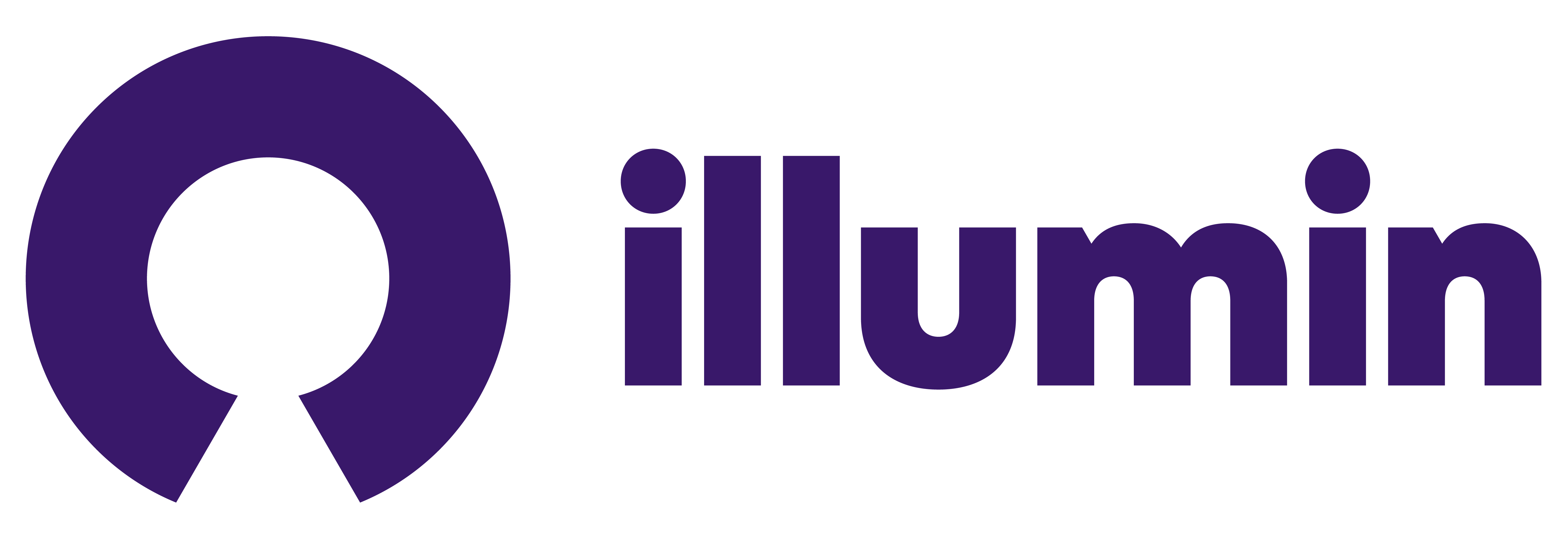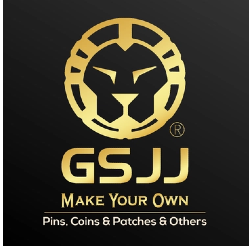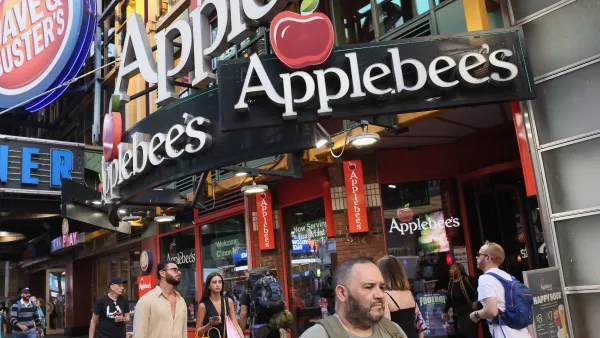When Facebook recently paid $16 billion WhatsApp, many people asked “What’s that?” The messaging app isn’t that popular in the U.S., but it boasts over 450 million users worldwide. That huge global user base is what ultimately attracted the social networking giant to the app.
Although Facebook still ranks number one among social networks worldwide, there are a slew of foreign competitors pulling in huge numbers — particularly in places like China, where Facebook is blocked. In an increasingly global economy, marketers are spreading their wings and trying out social networks that are popular in other countries. Below are four foreign social networks that U.S. brands are giving a try.
1. WeChat – China
Because of government restrictions, China has become a breeding ground for its own social sites. WeChat, a social messaging app, has around 300 million monthly active users that make it an attractive choice for some brands.
So far, brands like Burberry, Pepsi Co., and McDonalds have tried their hand at WeChat. For example, Burberry offered WeChat users a unique experience during its London runway show. Users who texted Burberry instantly received a message back with an image of a plaque with their name on it. WeChat offers a unique one-on-one interaction, but restricts how much brands can push out on the platform. This makes it challenging to develop a strategy, but also forces brands to create real, organic relationships with users.
2. VK – Russia
With over 100 million monthly active users, Russia's VKontakte – more commonly referred to as VK – claims to be the biggest European social network on its homepage. Upon seeing the site, the similarities between VK and Facebook are instantly recognizable – the color schemes, layout, and features are quite similar.
VK tends to draw a younger crowd that likes the fact that there aren’t as many older users or brands on the network. That younger demographic however, has attracted campaigns from brands like National Geographic, BBC, and Tom Cruise.
3. Line – Japan
Japan is another country Facebook may not be able to dominate. For a while, it was similar social networking site Moxi that kept Facebook out, but other apps are now gaining dominance. Topping the list of Japan's biggest social networks is social messaging app Line, which boasts over 300 million users – 50 million in Japan alone.
Unlike other messaging apps like WhatsApp, Line hasn’t shied away from finding ways for brands and advertisers to promote on the app. Line earns much of its revenue from users buying “stickers” to use within the app, and brands often sponsor their own stickers. Brands including Coca-Cola have also purchased sponsored accounts to interact with Line users.
4. Tuenti – Spain
Social networking site Tuenti has often been referred to as the “Spanish Facebook.” The site does function similarly with each user having a profile page from which they can share photos, link videos, and chat with friends. Launched in 2009 to the Spanish market, Tuenti has been growing globally and adding additional languages like Catalán, Basque, Galician, and English.
For brands, Tuenti is similar to Facebook in a lot of ways, making it easy for U.S. brands like BlackBerry to build "pages” and utilize the platform's API to promote themselves.
Would you like to see more marketing industry news and information like this in your inbox on a daily basis? Subscribe to our Marketing Dive email newsletter! You may also want to check out Marketing Dive's look at 5 ways social media marketing changed in the past year.











